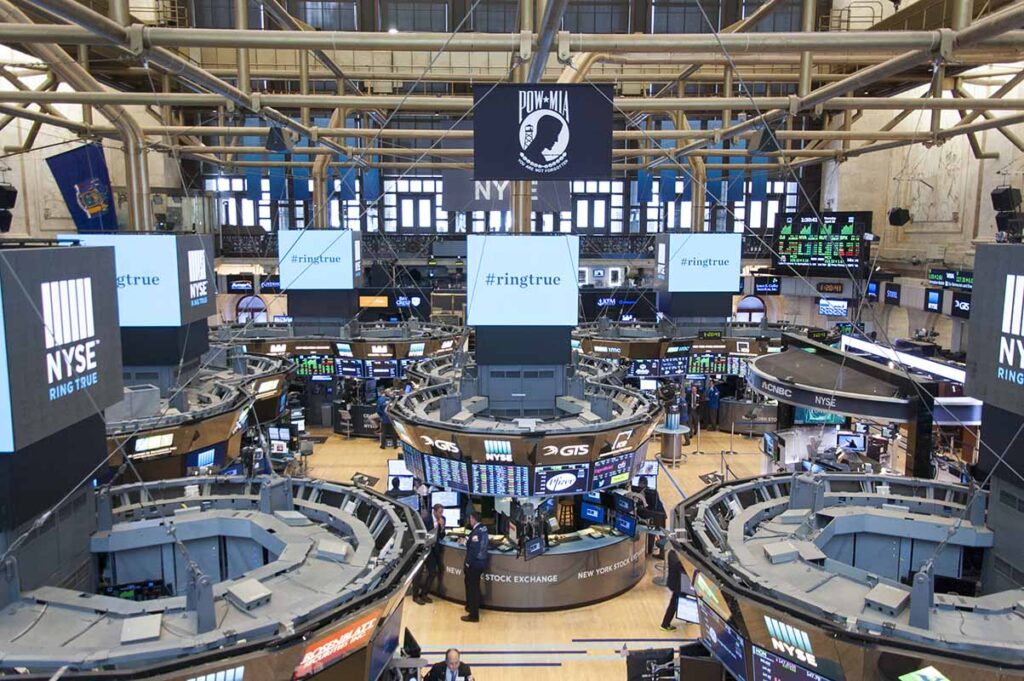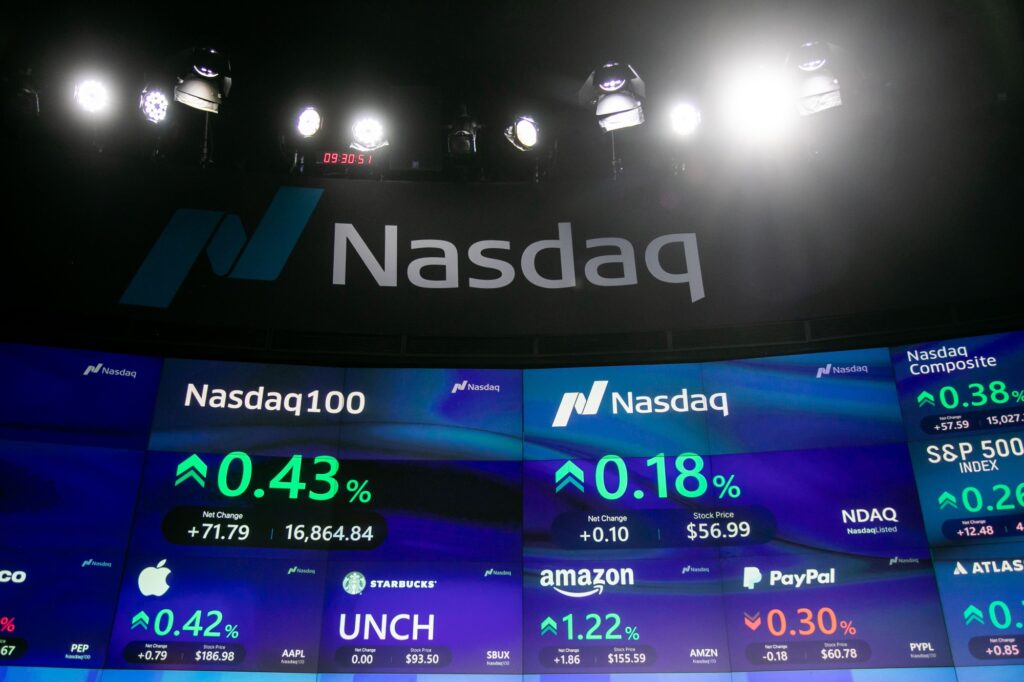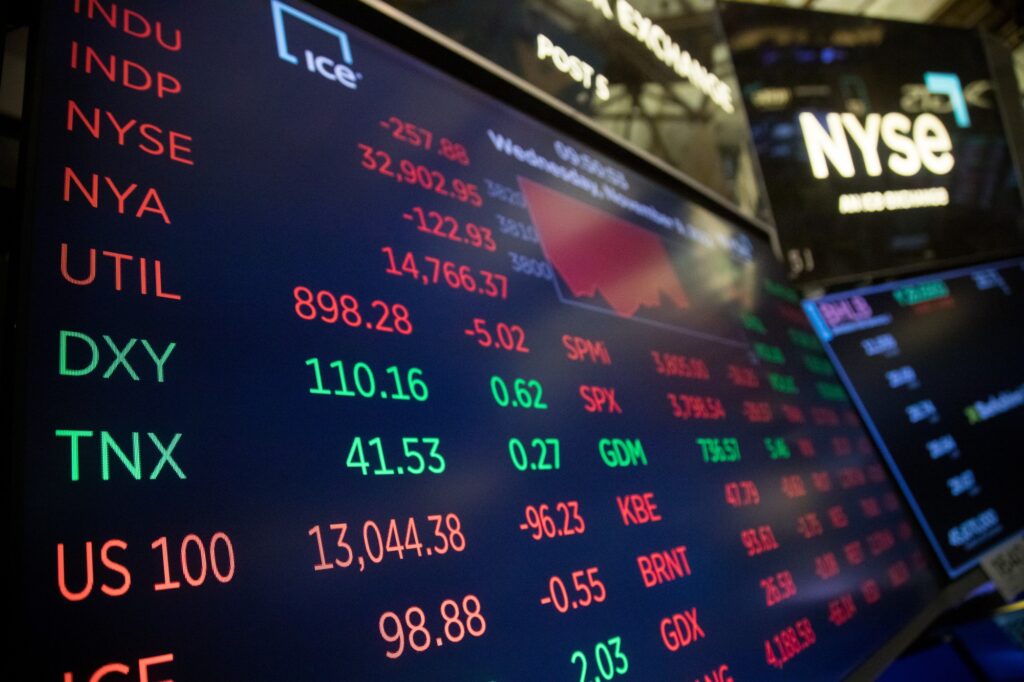
Wall Street is synonymous with the financial industry, a name that evokes images of bustling trading floors, skyscrapers housing some of the world’s largest financial institutions, and a market that drives the global economy. But what exactly is Wall Street, and why does it hold such a significant place in the financial world? This article will explore the history, significance, and modern-day impact of Wall Street on global finance.
1. The Origins of Wall Street
Wall Street’s history dates back to the 17th century, long before it became the financial hub it is today:
- Early Beginnings: In the 1600s, Dutch settlers established the colony of New Amsterdam on the southern tip of Manhattan Island. They built a defensive wall to protect themselves from potential invasions, running along what is now known as Wall Street. The wall was eventually dismantled in 1699, but the street kept its name.
- Birth of the Financial District: In 1792, 24 stockbrokers and merchants signed the Buttonwood Agreement under a buttonwood tree on Wall Street. This agreement laid the foundation for what would become the New York Stock Exchange (NYSE), formalizing trading practices and establishing Wall Street as a financial center.
2. Wall Street’s Evolution
Over the centuries, Wall Street evolved from a simple trading hub into a complex and influential financial ecosystem:
- 19th Century Growth: During the 1800s, Wall Street grew alongside the industrial expansion of the United States. The rise of railroads, steel, and other industries fueled the need for capital, leading to increased activity on Wall Street as companies issued stocks and bonds to finance their growth.
- The Stock Market Crash of 1929: The 1920s saw a stock market boom, driven by speculation and easy credit. However, this exuberance led to the infamous Wall Street Crash of 1929, marking the beginning of the Great Depression. The crash highlighted the risks of an unregulated financial market and led to significant reforms in the financial industry.
- Modern Era: In the 20th and 21st centuries, Wall Street continued to grow in importance, with the rise of investment banks, hedge funds, and multinational corporations. It became the epicenter of global finance, where trillions of dollars are traded daily.

3. Key Institutions on Wall Street
Wall Street is home to some of the most important financial institutions in the world:
- New York Stock Exchange (NYSE): Located at 11 Wall Street, the NYSE is the largest stock exchange in the world by market capitalization. It’s where many of the world’s largest companies are listed, and it plays a crucial role in global finance.
- Nasdaq: Though not physically located on Wall Street, Nasdaq is another major stock exchange often associated with Wall Street. It is known for its high concentration of technology companies and electronic trading.
- Investment Banks: Institutions like Goldman Sachs, JPMorgan Chase, and Morgan Stanley are headquartered in or near Wall Street. These banks provide services ranging from investment management to corporate finance and play a pivotal role in global markets.
- Federal Reserve Bank of New York: Located just a few blocks from Wall Street, the New York Fed is one of the 12 regional Federal Reserve Banks in the United States and plays a key role in monetary policy and financial stability.
4. Wall Street’s Impact on the Global Economy
Wall Street’s influence extends far beyond the boundaries of Manhattan. It is a major driver of the global economy:
- Capital Formation: Wall Street is where companies raise capital by issuing stocks and bonds. This capital is essential for business expansion, innovation, and economic growth.
- Market Indicators: The performance of the stock market, particularly indices like the Dow Jones Industrial Average and the S&P 500, is often seen as a barometer of the overall health of the economy.
- Global Financial Hub: Wall Street is a key player in international finance, with global markets closely watching its movements. Decisions made on Wall Street can affect economies around the world, from emerging markets to developed nations.
5. Controversies and Criticisms
While Wall Street is crucial to the global economy, it has also been the subject of controversy and criticism:
- Financial Crises: Wall Street has been at the center of several financial crises, including the 2008 financial crisis, which was triggered by the collapse of the housing market and the subsequent failure of major financial institutions. The crisis led to widespread economic hardship and called into question the practices and ethics of Wall Street firms.
- Income Inequality: Wall Street has been criticized for contributing to income inequality, as the benefits of financial markets often disproportionately favor the wealthy. The Occupy Wall Street movement in 2011 was a response to this perceived inequality and the influence of money in politics.
- Regulatory Challenges: Balancing the need for financial innovation with the need for regulation is a constant challenge. While some argue that excessive regulation stifles economic growth, others believe that more oversight is necessary to prevent abuses and protect consumers.

6. The Future of Wall Street
Wall Street is continuously evolving, shaped by technological advancements, regulatory changes, and global economic shifts:
- Technology and Fintech: The rise of financial technology (fintech) is transforming Wall Street. Algorithmic trading, blockchain technology, and digital currencies are changing how financial transactions are conducted and could reshape the industry in the coming years.
- Sustainable Investing: There is a growing focus on environmental, social, and governance (ESG) factors in investing. Wall Street firms are increasingly integrating ESG criteria into their investment strategies, reflecting a shift towards more sustainable and responsible investing.
- Globalization and Competition: As financial markets become more interconnected, Wall Street faces competition from other global financial hubs like London, Hong Kong, and Singapore. The future of Wall Street will depend on its ability to adapt to these changes and maintain its position as a global leader.
Conclusion
Wall Street remains the heartbeat of global finance, a symbol of economic power, and a hub of innovation and opportunity. Despite its controversies and challenges, Wall Street continues to be a driving force in the global economy, influencing markets, shaping policies, and providing the capital needed for businesses to grow and thrive. As the financial world evolves, Wall Street’s role may change, but its significance in the world of finance is unlikely to diminish. Whether you’re an investor, a financial professional, or simply someone interested in the economy, understanding Wall Street is essential to understanding the broader financial landscape.





